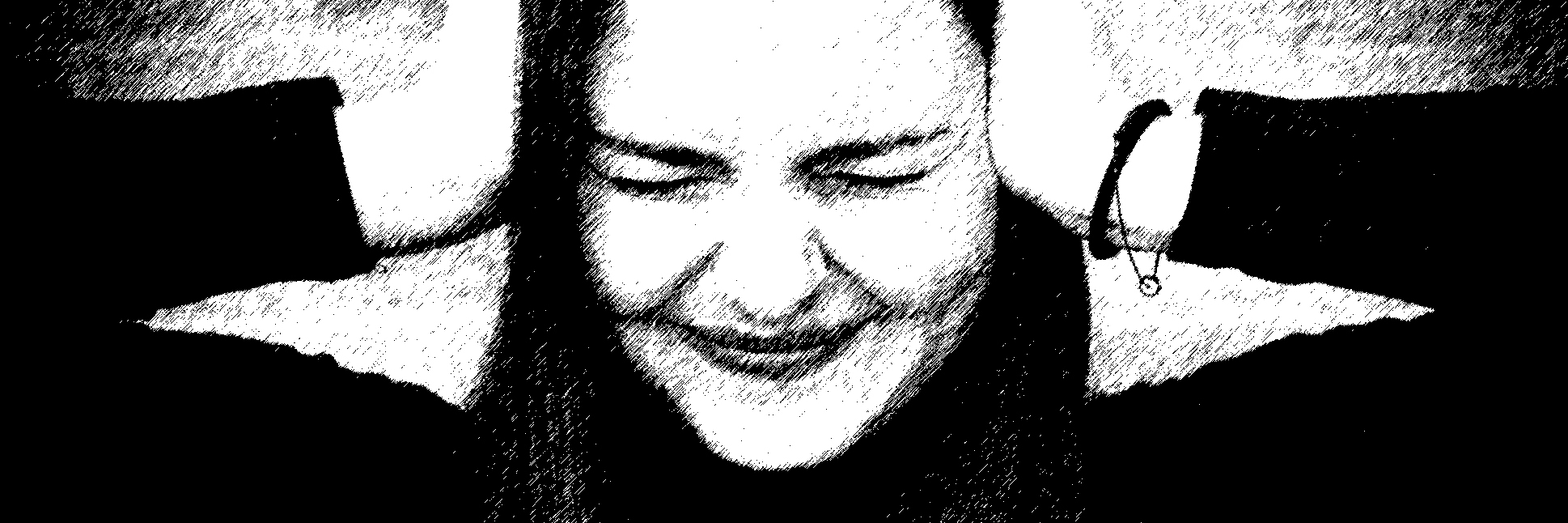“Quit using your brain injury as an excuse!”
I was caught completely off guard by this statement a few weeks ago, said by someone I have known many years. She had followed my TBI story, and I thought she had an understanding of what I was going through. Apparently I was wrong.
We had been talking, and I had to ask her to repeat what she said a bit earlier. When I did, she looked at me and said, “You know, Amy. You really need to stop using your brain injury as an excuse. You’re starting to use it as a crutch.”
Wait, what?
I wanted to scream, “Are you kidding? This is a joke, right?”
But I didn’t. I kept my composure and explained to her how it’s not an excuse or a crutch — it’s my “new normal” and she doesn’t understand the pain it causes me to know that this is how it is, now. I further explained that the damaged part of my brain now causes me to have difficulty remembering things in the short-term, and I often confuse words and forget meanings.
Why on earth would I ask her to repeat something if I didn’t really need her to? She explained that she thought I wasn’t focused enough — and I should “try harder” to remember things.
I about fell off my chair.
I actually have to try twice as hard to follow a conversation as I did before my brain injury. One of my biggest struggles two-and-a-half years after my TBI is my short-term memory. I have to pay extra attention, and sometimes get confused by words I “should” know the meaning of but have forgotten, which is part of the aphasia.
I realize that before my injury I was a focused, independent, strong-willed woman. I was full of confidence, and my peers looked to me for advice. I understand that it’s hard for those peers to understand exactly what I am going through — but to tell me I’m using my brain injury as an excuse, and that I “just” need to try harder and focus more — well, that is just plain ignorance.
It is frustrating to vividly remember the woman I once was, the woman who could remember a 30-item shopping list and multi-task with ease. Those days are long gone, for now. I am hopeful that my memory will continue to improve, and that my cognitive function comes back to full capacity. But for now, I am who I am.
Terry Berg from Edmonton, Alberta, Canada wrote,
“When someone implies that I am faking, I feel alone, wrongly accused, and frustrated with that person’s lack of knowledge and understanding. I am on a mission to help educate those who are not familiar with the long-term affects of brain injury.”
We hear celebrities like comedian Tracy Morgan express that he is 100 percent back to normal just one year after a horrific car accident, when in reality, these types of recoveries are extremely rare. Most recoveries take years and are almost never complete. Perhaps he is putting on a positive front, but I wonder whether Morgan has actually completely recovered. Those closest to him are likely to notice he still has speech and memory issues, in addition to neuro-fatigue.
Lauren Giambri from Pennsylvania puts it so eloquently, “I have to embrace my ‘new normal’ to the best of my ability or else I will be lying to myself and get nowhere. With the support of the people in my life, mindfulness, spiritual awareness and a never-give-up attitude, I am able to enlighten others with awareness of the huge shift in what is now my life. I would be lying to say it’s as easy as black and white, because it is not. I must remember to ground myself and to prove only to myself that I am going to be OK.”
I have (almost) completely accepted this “new me” who has memory and word issues, and cognitive impairments. I understand that I am in this for the long haul. I just wish those around me would show more compassion and make an attempt at understanding. I regularly hear from other survivors about how they feel so isolated and alone because their friends and family don’t understand what they’re going through.
Having to stuff our anger inside when someone says something like “Quit using your brain injury as an excuse,” is frustrating. Yet I also know lashing out at them with anger doesn’t solve anything. So the next time someone says something like this to me, I am going to simply respond with: “I am so sorry you feel that way.”
To those who do not completely understand and think we’re making excuses, please know that recovery can take years — and may never be full and complete. Next time you’re tempted to imply we’re making excuses, understand that most survivors will be left with a combination of these symptoms:
– Short-term memory loss
– Trouble focusing our attention
– Neuro-fatigue (running out of energy)
– Dizziness and balance issues
– Cognitive deficits (processing things slower than before)
– Aphasia (trouble recalling or understanding words)
– Not being able to handle overstimulation (lots of people and noise)
– Anxiety about the simplest things
– Depression
– Chronic pain
In short, we are not making excuses, we are simply doing the best we can with what we have been given. We want to get back to work, back to a meaningful life, back to the way we were before our injury. It’s a long, lonely road which is not made easier by other people’s ignorance. Remember, compassion makes the world go around.
I have a brain injury; what’s your excuse?
We want to hear your story. Become a Mighty contributor here.
Thinkstock photo by Zdravinjo.

